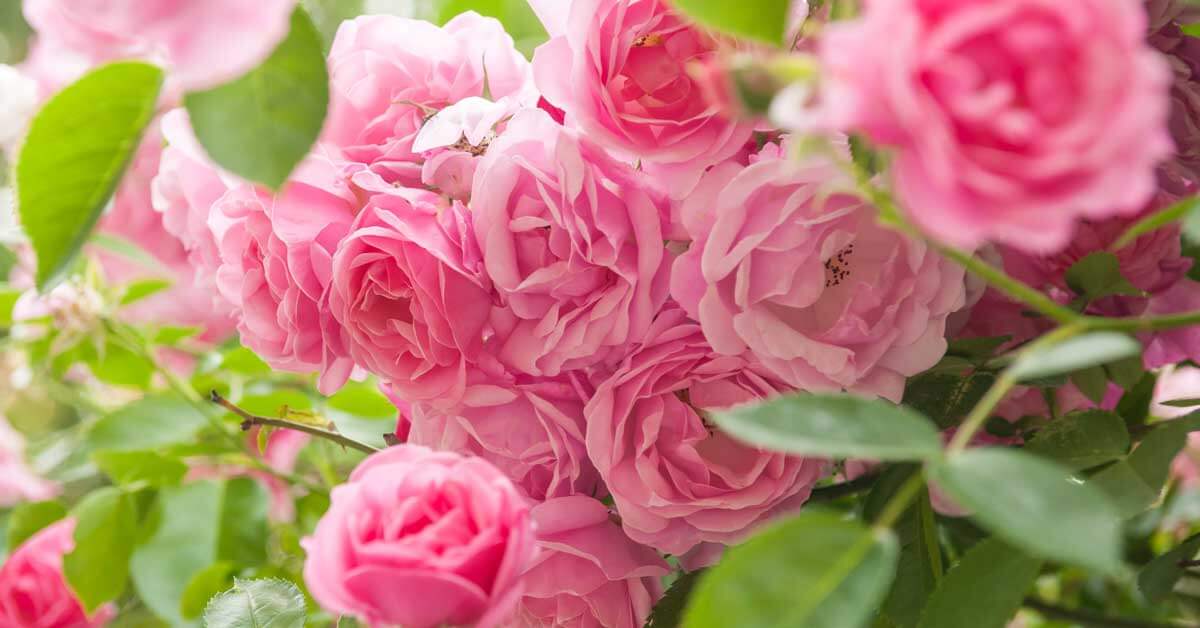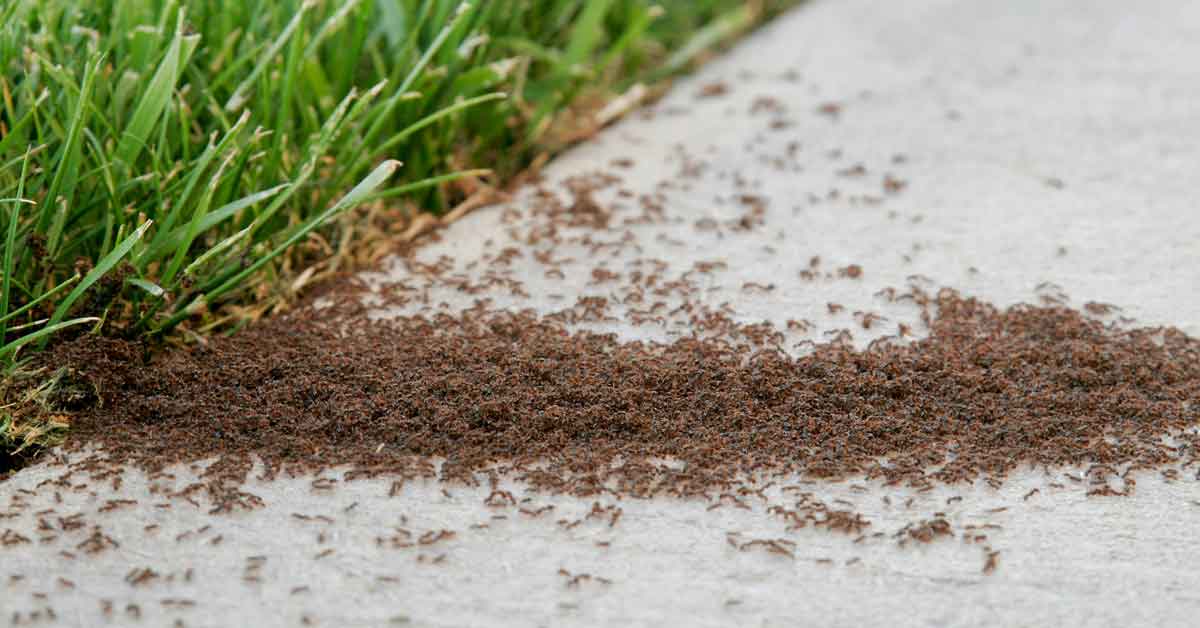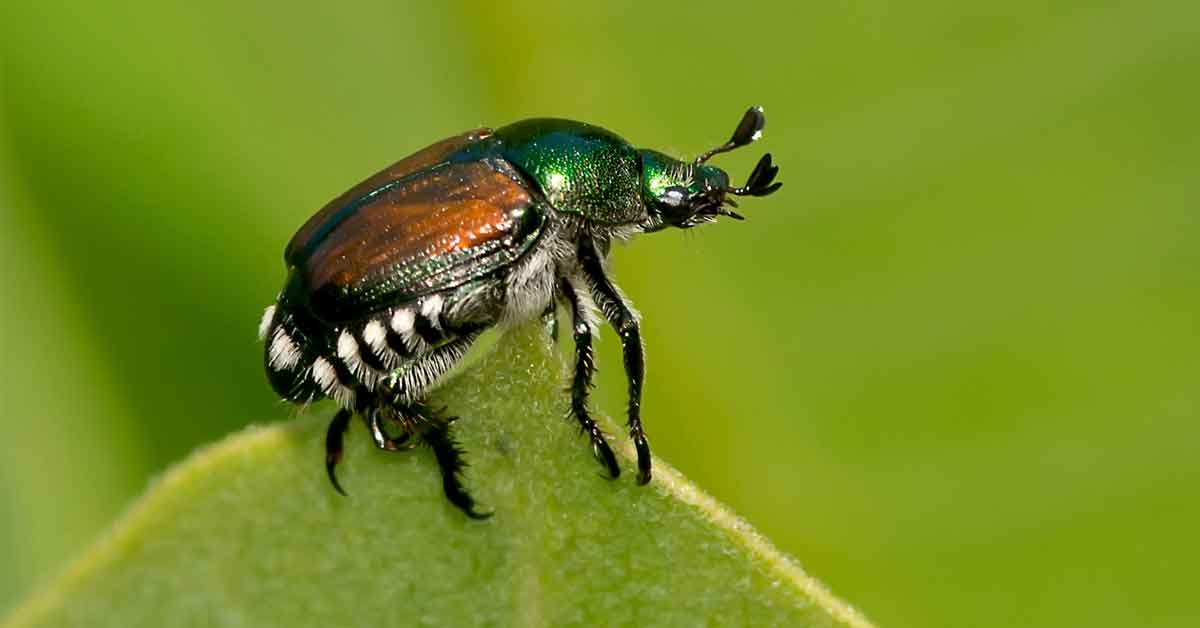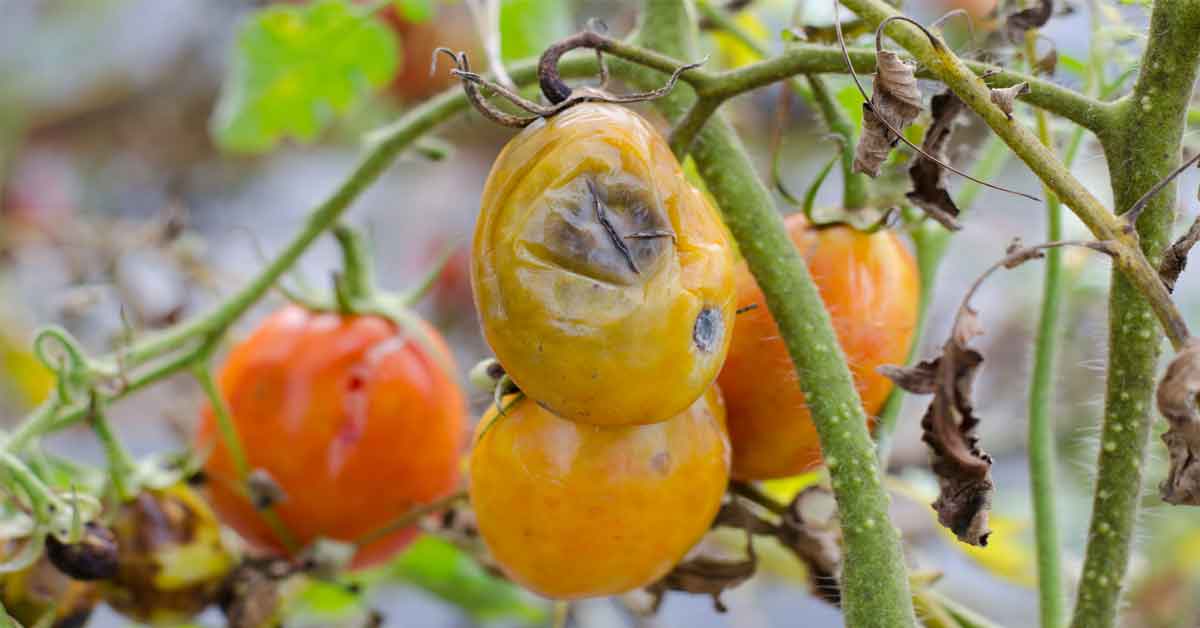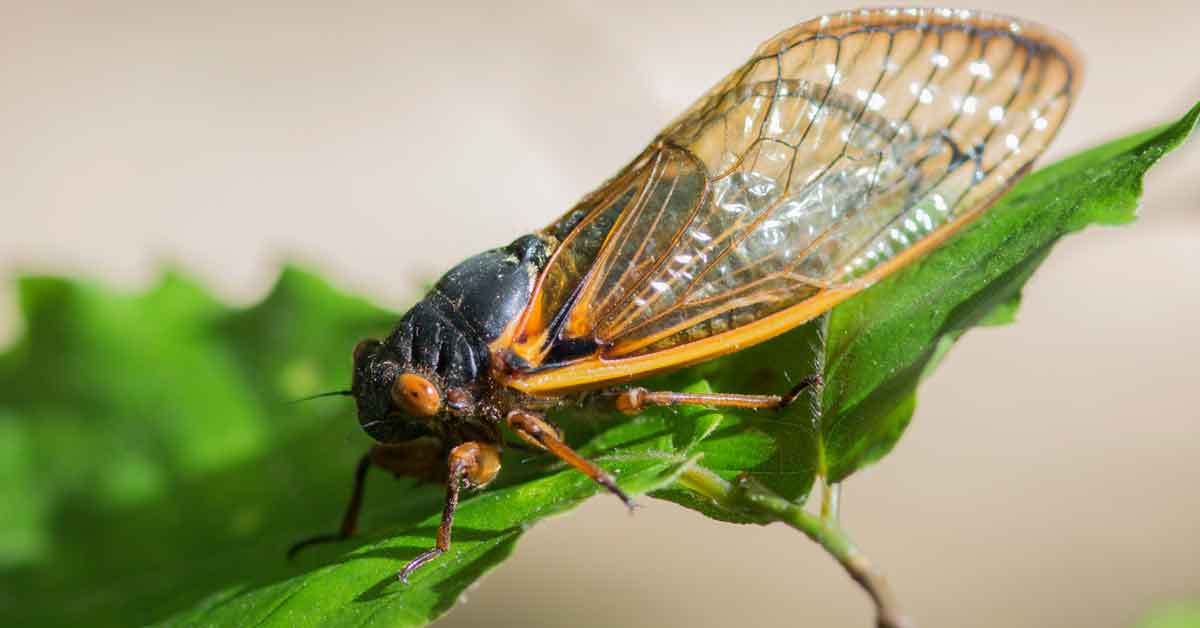Protecting Roses from Aphids and Other Common Pests
Watching your own garden roses progress from tight green buds to fragrant, luxuriant blooms is an experience brimming with anticipation. Unfortunately, several destructive insect pests seem just as eager to turn your budding success into disappointment. Controlling rose pests isn't difficult when you learn to recognize the pests and respond effectively. With these rose pest control tips, you can stop pests and their damage, and stay on track for rosy rewards:
Aphids
If wrinkled rose buds and puckered, curling new leaves appear on your roses, aphids are your primary suspects. Closer inspection may reveal tiny, green or pinkish soft-bodied insects feeding on succulent new growth. Aphids damage roses by piercing the plant tissue and then sucking out vital plant juices. They typically target soft stems, tender buds and new leaves. Thanks to aphids, roses that look fine one day can very suddenly become stressed and distorted.
One or two aphids may seem inconsequential, but aphid populations multiply rapidly. These pests have the unusual ability to reproduce without mating. Adult females bear multiple generations of live young that mature in as little as one week.1 They can quickly overtake your roses and other garden favorites. Aphids also excrete a sticky substance known as honeydew, which attracts ants and other pests and develops into unsightly sooty mold.
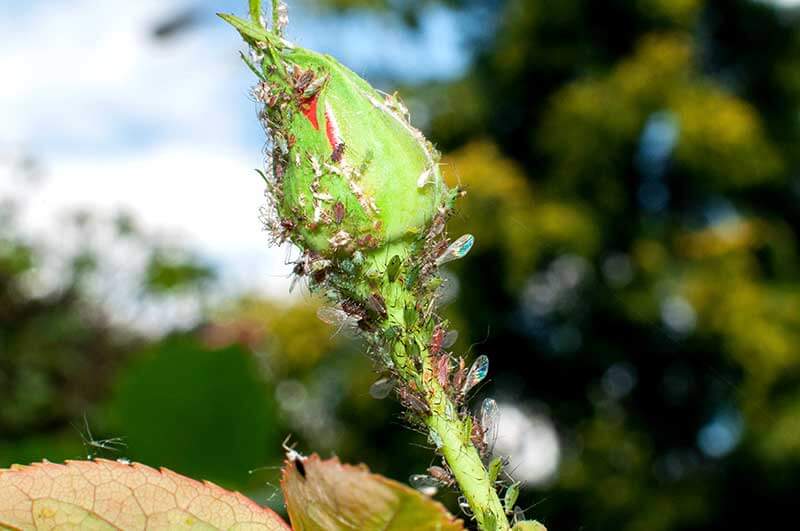
Rose Chafers
Large, irregular holes in rose petals and skeletonized rose leaves may signal rose chafers have arrived. You can identify these greenish tan beetles, typically about 1/2 inch long, by their spiky, red-orange legs and swift, extensive damage. Rose chafers target rose blossoms, but they also damage leaves, leaving the veins intact and devouring tissue in between. Small fruits on rose relatives, such as raspberries and strawberries, become targets, too. Rose chafers are especially attracted to areas with sandy soil. Their larval stage is one type of the grubs that feed on grass roots and damage lawns. Adult chafers emerge from the ground in late spring to begin feasting on roses, but injury isn't limited to plants. If eaten, rose chafers are poisonous to some small mammals and birds — including chickens in urban coops or agricultural settings.2
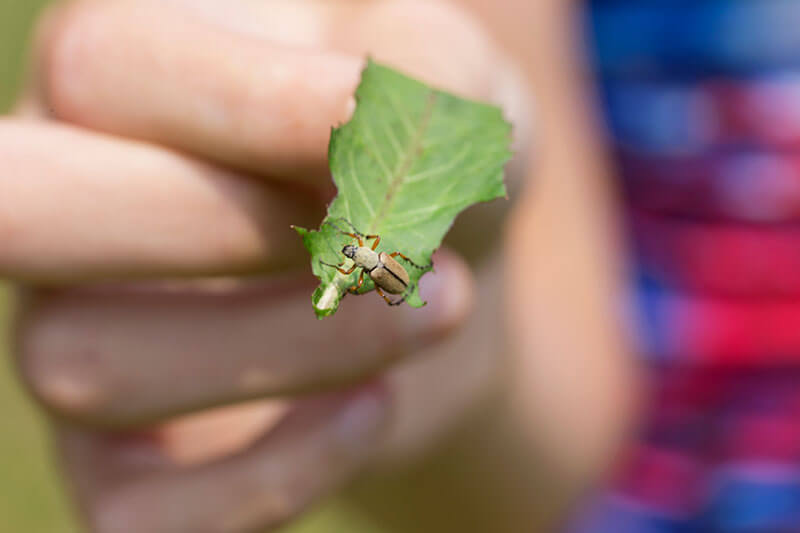
Roseslugs
Thin, translucent, paper-like splotches on rose leaves disclose that roseslugs were at work. These pests usually feed at night, so their unmistakable damage is often seen before they are. Roseslugs feed on the leaf surface without eating all the way through the leaf. A framework of thin papery "holes" and green leaf veins stays behind. This leaves the rose marred, weakened and susceptible to other pests and disease.
Roseslugs aren't caterpillars, though there's a resemblance. These yellow-green, wormlike creatures are the larvae of rose sawflies. Some species are smooth while others are bristly, but they typically grow up to 3/4 inch in length.3 Roseslugs hatch from eggs laid by sawflies on the undersides of rose leaves. Damage begins when the first of many generations hatch in mid-spring. Roseslugs aren't related to slimy garden slugs that frequent shade gardens, but they may cover themselves in a similar slimy film.
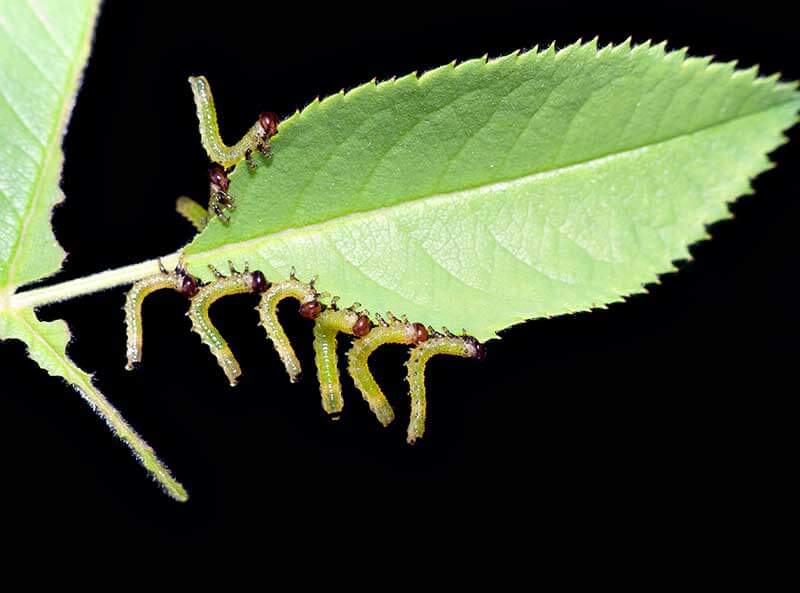
Japanese Beetles
Large, ragged holes and rapid, rampant, late-spring damage may indicate Japanese beetles on the scene. These pests feed openly during daylight hours and are easily identified by their metallic green bodies, coppery bronze wings and small white dots ringing the outer abdomen. Typically 7/16 inch in length, these chewing insects favor roses. They skeletonize leaves and devour rose buds and blossoms in their entirety, leaving nothing but thoughts of what might have been.
Japanese beetles are invasive pests originally from Asia. With few natural checks in the United States, these devastating insects have steadily expanded their range across the country. In their larval stage, Japanese beetles are highly destructive lawn grubs that feed on grass roots and destroy turf. Adult beetles emerge from the soil in late spring and early summer. For the next four to six weeks, roses and other plants are subject to intense damage as beetles feast and emit signals inviting others to join them.4,5
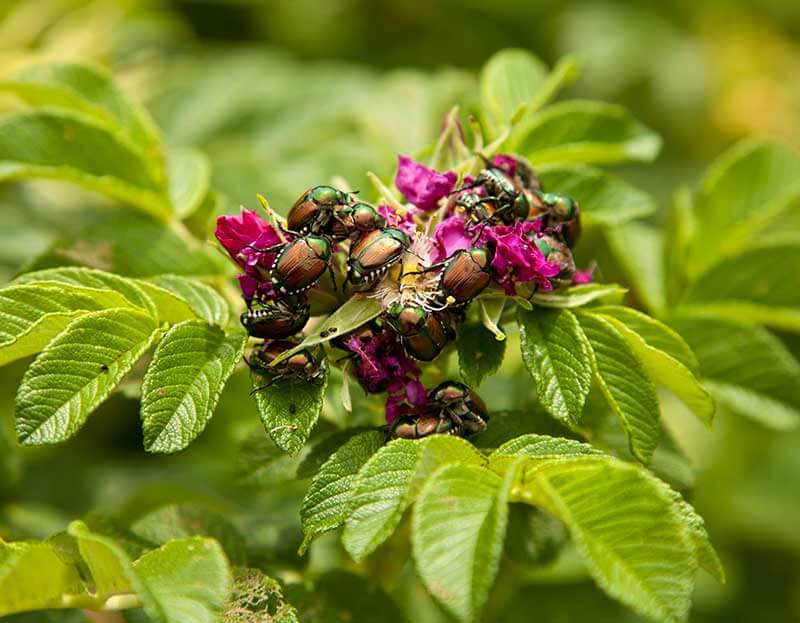
Scale Insects
Your first clue to a scale problem is often a steady trail of ants across your driveway or sidewalk, headed straight for roses. Inspect rose stems closely and you may find collections of small "bumps" that, depending on color, almost appear like part of the rose stem. What you see is not the insect itself, but its protective covering. Some scales have a brownish gray armor, while others have soft, cottony coverings.
Scale insects pierce rose canes and suck out plant juices, causing stems to weaken, turn yellow and die back. Soft scales also excrete sweet honeydew favored by ants, which actually protect scales from beneficial insect predators to keep their honeydew supply flowing. Excess honeydew eventually develops into black sooty mold. Armor-free scale "crawlers" hatch and begin feeding on roses in spring. They are especially vulnerable to treatment at this unprotected stage.5,6
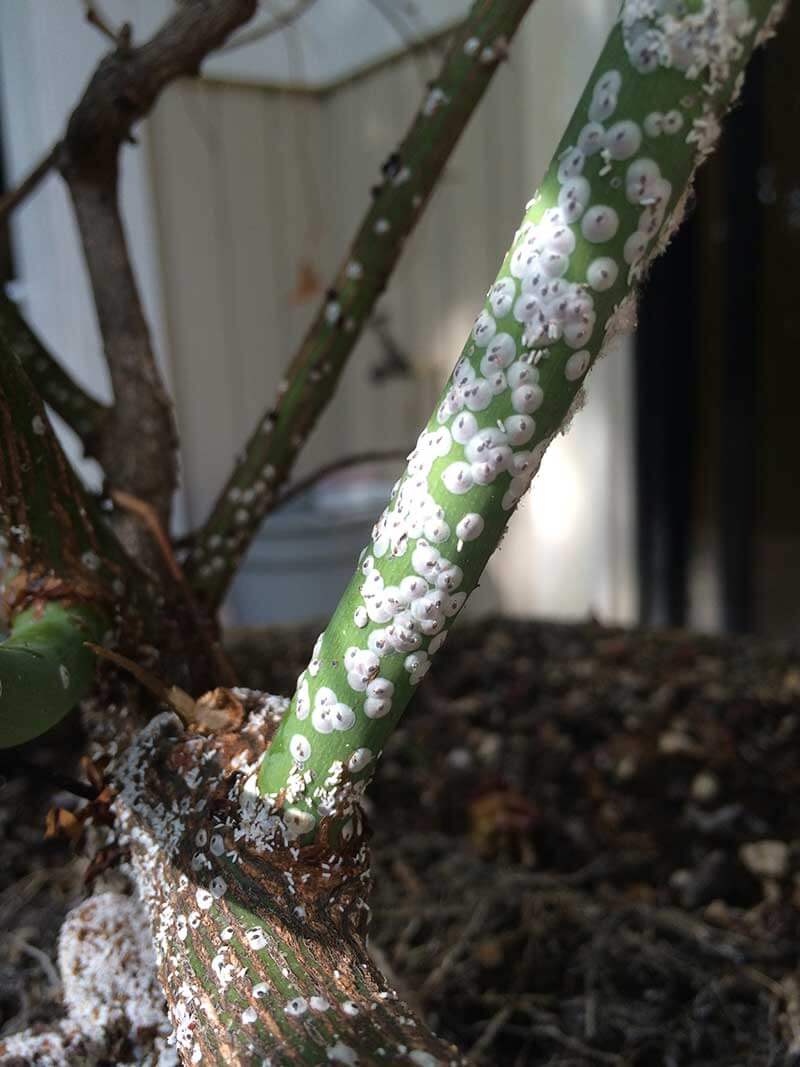
Rose Pest Control
Giving your roses proper growing conditions and care goes a long way in protecting them against insect pests and diseases, but even healthy roses aren't immune to attack. When rose pests strike, it's important to take action at the first signs of pests or damage to preserve rose flowers and foliage.
Effective pest control is fast and simple with trusted insecticides from Sevin brand. Sevin Insect Killer Concentrate and Sevin Insect Killer Ready To Spray liquids kill and control common rose pests and hundreds of other garden pests, including ants and other nuisance pests attracted by honeydew. Tough on aphids and beetles but gentle on gardens, these highly effective insecticides kill listed pests by contact and then keep on working to protect your roses for up to three months.+ Sevin Insect Killer Lawn Granules even take control over lawn grubs from rose pests, too.
With products from the Sevin brand line of insecticides, you can feel confident about handling rose pests and pest control — and get back to watching your roses fulfill their potential. GardenTech brands and the GardenTech blog are here to help you grow and enjoy beautiful roses and healthy, productive gardens.
+Except for fire ants, fleas, ticks and mosquitoes.
Always read product labels thoroughly and follow instructions carefully.
Sevin is a registered trademark of Tessenderlo Kerley, Inc.
GardenTech is a registered trademark of Gulfstream Home and Garden, Inc.
Get Monthly Gardening Advice!

